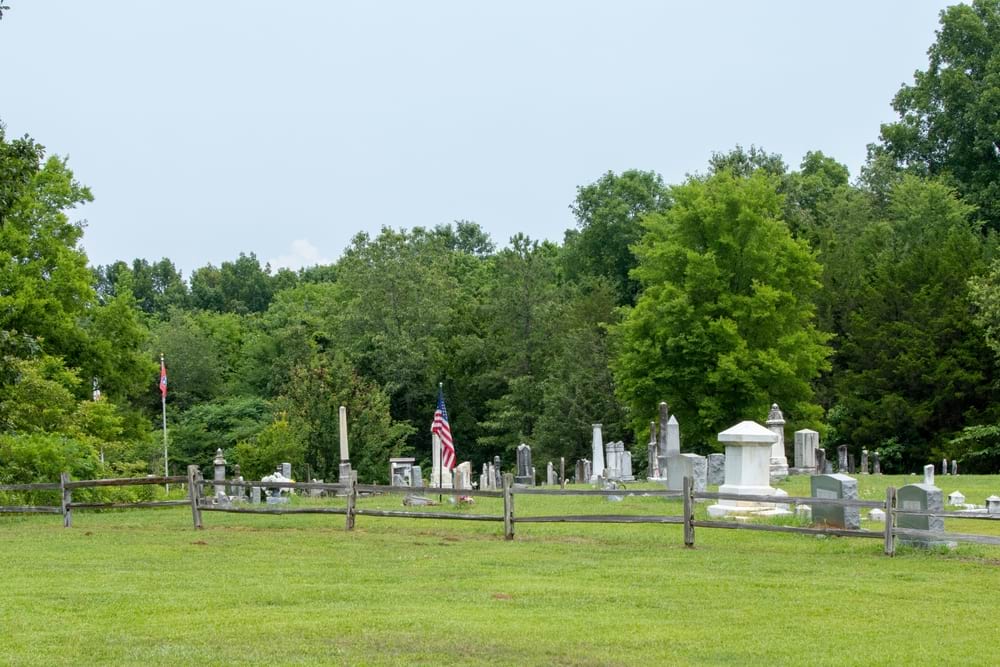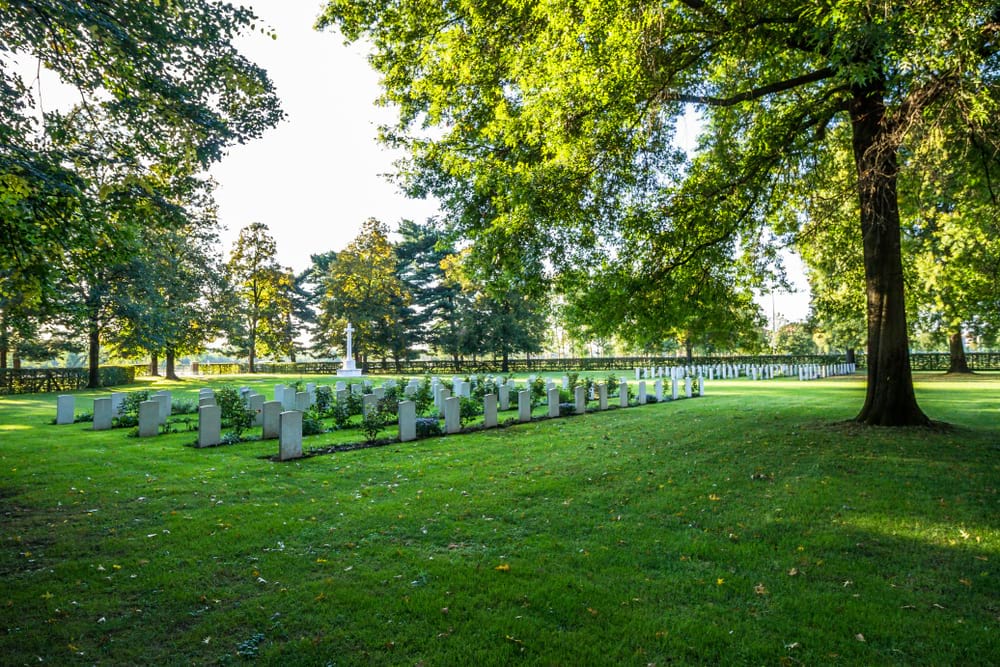When choosing a final resting place for yourself or a loved one, many Alabama families consider the peaceful, personal setting of a privately operated cemetery. Whether it’s a family burying ground on private property or a cemetery run by a cemetery association, such cemeteries are subject to unique rules, responsibilities, and legal considerations. We want to help you navigate private cemetery rules with confidence and clarity.
Key Takeaways
- Private cemeteries operate under specific rules that may include eligibility restrictions, decoration guidelines, and limits on burial types—families must understand these before purchasing a plot.
- Burial rights in privately operated cemeteries typically grant interment privileges, not land ownership, and require adherence to cemetery bylaws and maintenance agreements.
- Alabama cemetery law and the Cemetery Care Act regulate aspects of private cemetery operation, including perpetual care standards and protections in cases of abandonment.
- Families choosing a private or family burying ground must take responsibility for recordkeeping, legal compliance, and long-term care of burial sites.
What Is a Private Cemetery?
A private cemetery, also known as a proprietary cemetery, is typically located on private property and operated by an individual, family, religious organization, or other private entity. These cemeteries serve specific groups and are not open to the general public like a public burial ground.
Often, family cemeteries are passed down through generations and hold deep historical significance, containing the remains of deceased persons buried over decades or even centuries. However, it’s important to distinguish these from larger public or municipal burial grounds, which operate under broader state and local guidelines.
Your Rights as a Plot Holder in a Privately Operated Cemetery
Purchasing a plot in a privately operated cemetery typically grants you interment rights, not ownership of the land itself. This means you have the legal right to be buried or have a loved one buried there under the cemetery’s rules.
Key rights typically include:
- Visitation rights – Though the land is private, families usually have access to visit gravesites during posted hours.
- Memorial rights – You may place a headstone or marker within the design and size limits outlined by the cemetery owner.
- Burial rights – These are often outlined in legal agreements, especially in cases involving family burying grounds or cemeteries with a private or proprietary character.
Common Restrictions
Every privately operated cemetery sets its own policies. Common restrictions include:
- Eligibility: Some private cemeteries restrict interment to members of a particular family, church, or group.
- Type of burial: Not all cemeteries allow cremated remains or green burials.
- Decoration guidelines: Rules may cover what kinds of flowers, ornaments, or seasonal decorations can be used.
- Maintenance limitations: While many cemeteries promise basic upkeep, others may fall into disrepair or even become abandoned cemeteries over time.
It’s critical to confirm whether the cemetery complies with Alabama’s Cemetery Care Act, which outlines the standards for maintenance and perpetual care.
Family Responsibilities and Legal Considerations
Opting for a private or family cemetery comes with a deep sense of tradition and personal connection—but it also carries long-term responsibilities that extend well beyond the time of burial. Families become not only caretakers of their loved ones’ final resting places but also stewards of the land, the records, and the legal obligations associated with it.
Compliance with bylaws and restrictions.
Even when a burial site is located on family-owned land, it’s not exempt from regulation. Families must comply with any established cemetery bylaws, zoning laws, and local health regulations. These may govern everything from the type of burial allowed to how gravesites are marked and maintained. In family cemeteries that span generations, newer descendants may unknowingly violate rules if proper records and traditions are not passed down.
Maintaining accurate documentation.
Legal documentation is essential when managing a private cemetery. Families should maintain thorough records of every burial, including names, dates, and precise plot locations. Deeds, easements, and burial agreements should be securely stored and updated as needed. This documentation not only preserves family history but also protects against future disputes or confusion, especially as property ownership changes hands or heirs inherit the land.
Understanding state and local law.
Alabama has specific statutes governing private cemeteries, including those concerning the abandonment of burial grounds, access rights, and relocation of remains. For example, if a family cemetery becomes landlocked due to property sales or is neglected over time, accessing or maintaining the site may become legally and logistically difficult. Families should familiarize themselves with the Alabama Cemetery Care Act, which outlines legal protections and responsibilities, and consider consulting legal counsel when setting up or managing a family cemetery.
Dealing with long-term site management.
Maintenance is another significant responsibility. Unlike public cemeteries with dedicated grounds crews, private cemetery care typically falls to family members. This includes lawn care, marker preservation, fence repair, and general upkeep. Without regular maintenance, even well-planned cemeteries can fall into disrepair—leading to legal concerns, emotional distress, and additional costs for future generations.
Planning for the future.
To prevent future issues, families should establish a long-term care plan for the cemetery. This could include setting aside funds for upkeep, designating caretakers across generations, or even forming a cemetery association. A documented plan helps ensure the burial ground is respected, accessible, and preserved for years to come.
How We Support You
At Alabama Funeral Homes & Cremation Centers, we understand the emotional and legal complexities of burial in such cemeteries. Whether you’re selecting a spot in a family burying ground, managing an older privately operated cemetery, or addressing concerns about a cemetery abandoned over time, our team is here to help you:
- Understand your legal rights and responsibilities
- Review and interpret cemetery rules, bylaws, and ownership documentation
- Coordinate with cemetery owners and associations to ensure respectful and lawful burial arrangements
- Assist in long-term planning and ongoing care of burial grounds
Choosing a private cemetery means embracing a more intimate and personal burial experience—but it also means understanding the legal, emotional, and maintenance responsibilities involved. From family cemeteries to historic burial grounds, we’re here to help you navigate every detail.
Need guidance with a private or family cemetery? Contact Alabama Funeral Homes & Cremation Centers today for expert support and compassionate care.






